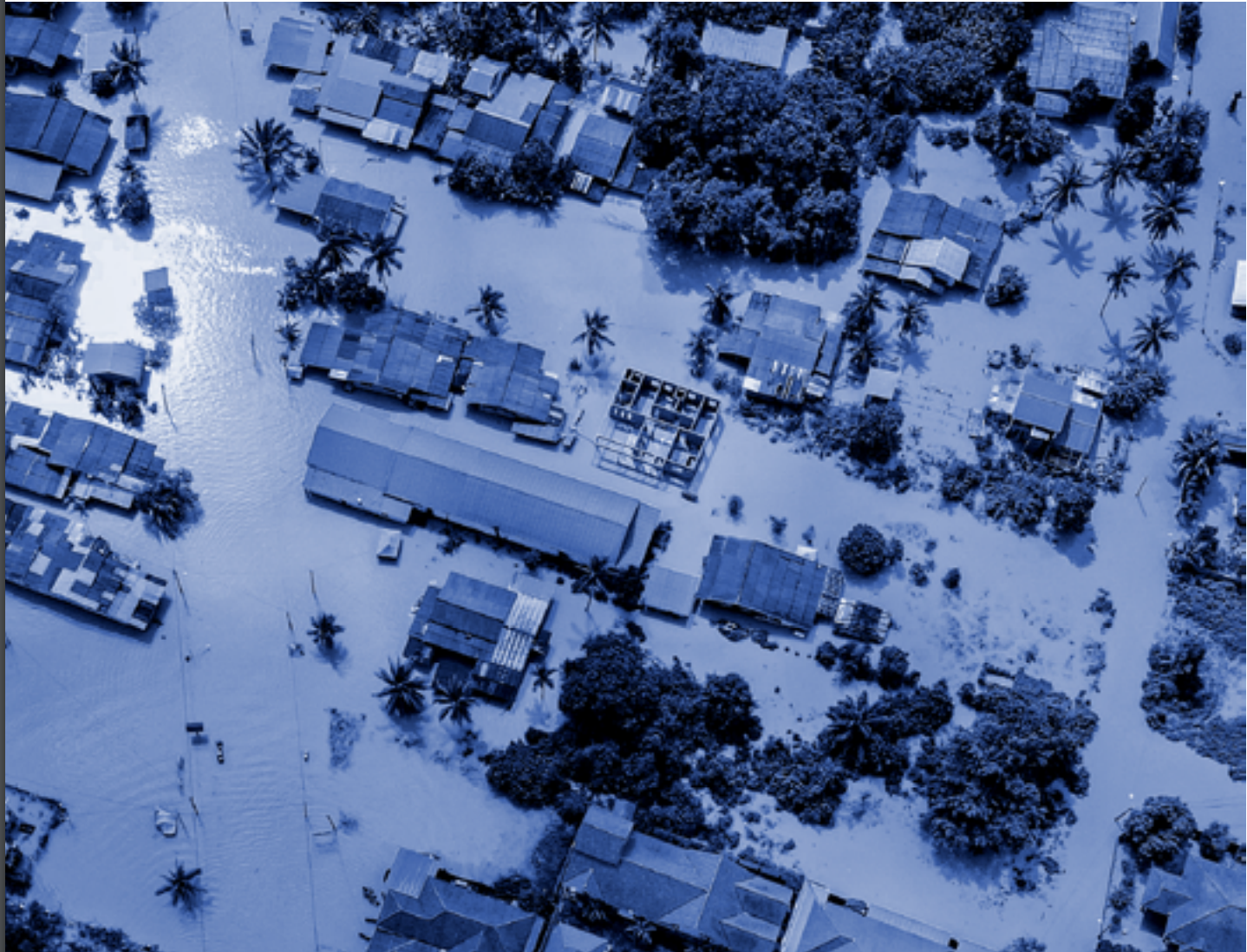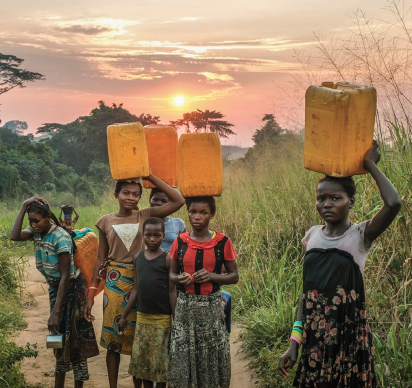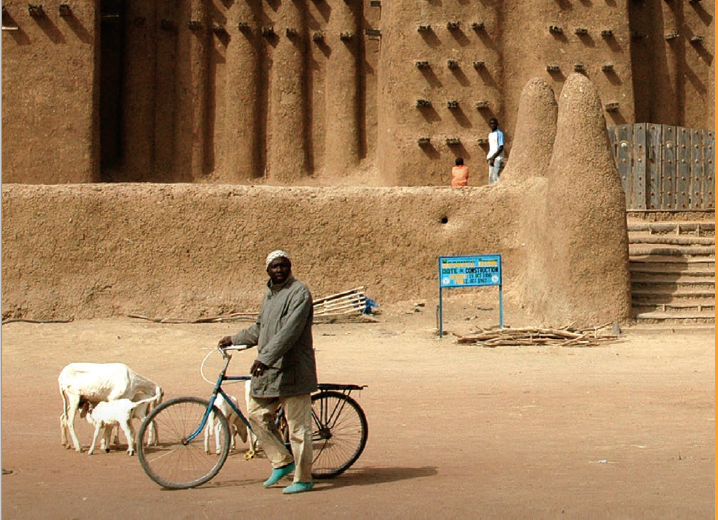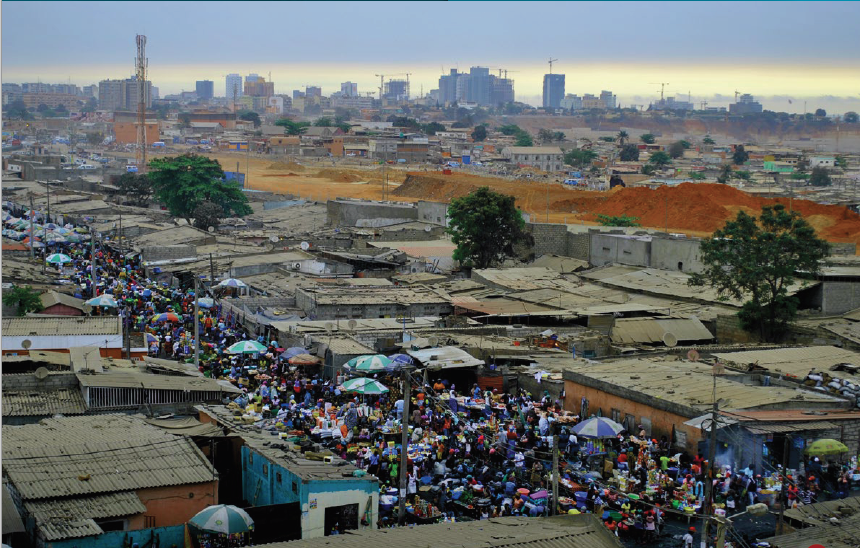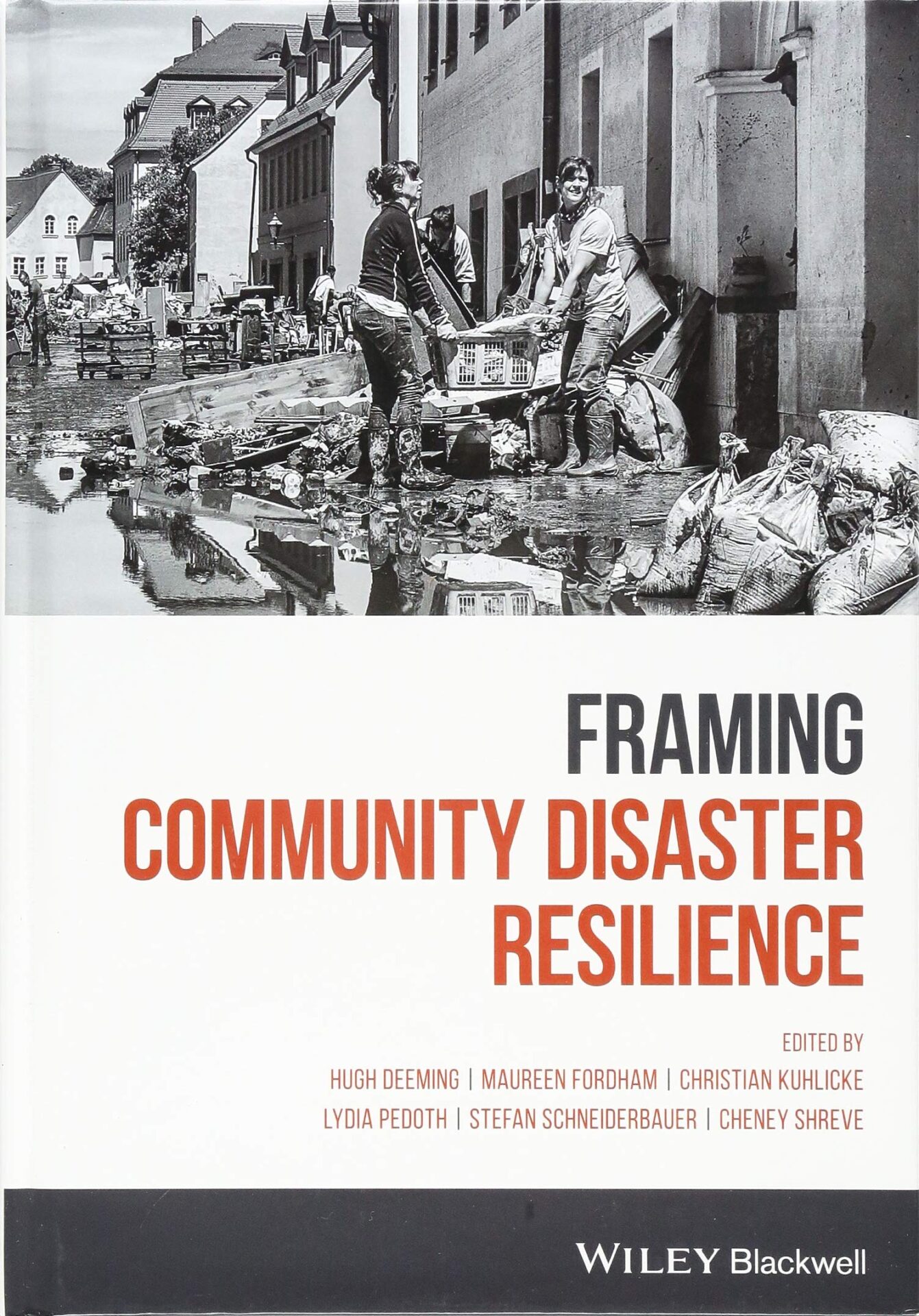heatwaves
Why climate action is a matter of human rights for older people worldwide
On 9 April 2024, the European Court of Human Rights issued a pivotal ruling that places older persons at the heart of climate justice discussions. This perspective from SEI explores the background of the court’s decision and its implications for policymakers globally.
The 2022 heatwaves: England’s response and future preparedness for heat risk
Discover how England's 2022 heatwaves were used to evaluate responses to heatwaves, leading to suggested improvements to the UK's extreme heat policies.
COPE Books for Children: Heatwaves
Learn about disaster risk reduction and heatwaves in this illustrated children's book. The COPE squad travel to the WMO HQ in Geneva, Switzerland on the way on their epic Heatwaves mission where they put their disaster risk reduction skills into action!
ZEROing IN on this critical decade for climate: Insights from the latest IPCC reports on the Paris Agreement, 1.5°C, and climate impacts
The latest ZERO INreport from the CONSTRAIN project dives into the science set out in the recent Intergovernmental Panel on Climate Change assessments. It investigates what our climate future could look like, depending on whether we take action in line with the Paris Agreement, or decide to follow current national policies and plans.
Hong Kong’s July heatwaves highlight the city’s lack of holistic climate governance
The global heatwaves in July greatly affected Hong Kong. This is not a new issue the government has focused on it being a problem of heatstroke among workers, without directly addressing the root cause of climate change at a higher level.
The IPCC’s Sixth Assessment Report: Impacts, Adaptation Options and Investment Areas for a Climate-Resilient Central Africa
Discover what the IPCC AR6 says about how Central Africa will be impacted by climate change and its options and potential for adaptation.
Fact Sheet: The IPCC’s Sixth Assessment Report: Impacts, Adaptation Options and Investment Areas for a Climate-Resilient West Africa
Learn about what the IPCC AR6 says about how West Africa will be impacted by climate change and its options and potential for adaptation.
The IPCC’s Sixth Assessment Report: Impacts, Adaptation Options and Investment Areas for a Climate-Resilient Southern Africa
This factsheet summarises what the IPCC AR6 says about how Southern Africa will be impacted by climate change and its options and potential for adaptation.
Co-designing climate services to support adaptation to natural hazards: two case studies from Sweden
Drawing on two Swedish case studies, this brief aims to understand how the co-design of climate services can support adaptation planning and decision-making.
Framing Community Disaster Resilience: Resources, Capacities, Learning, and Action
Framing Community Disaster Resilience (textbook) offers a guide to the theories, research and approaches for addressing the complexity of community resilience towards hazardous events or disasters.



